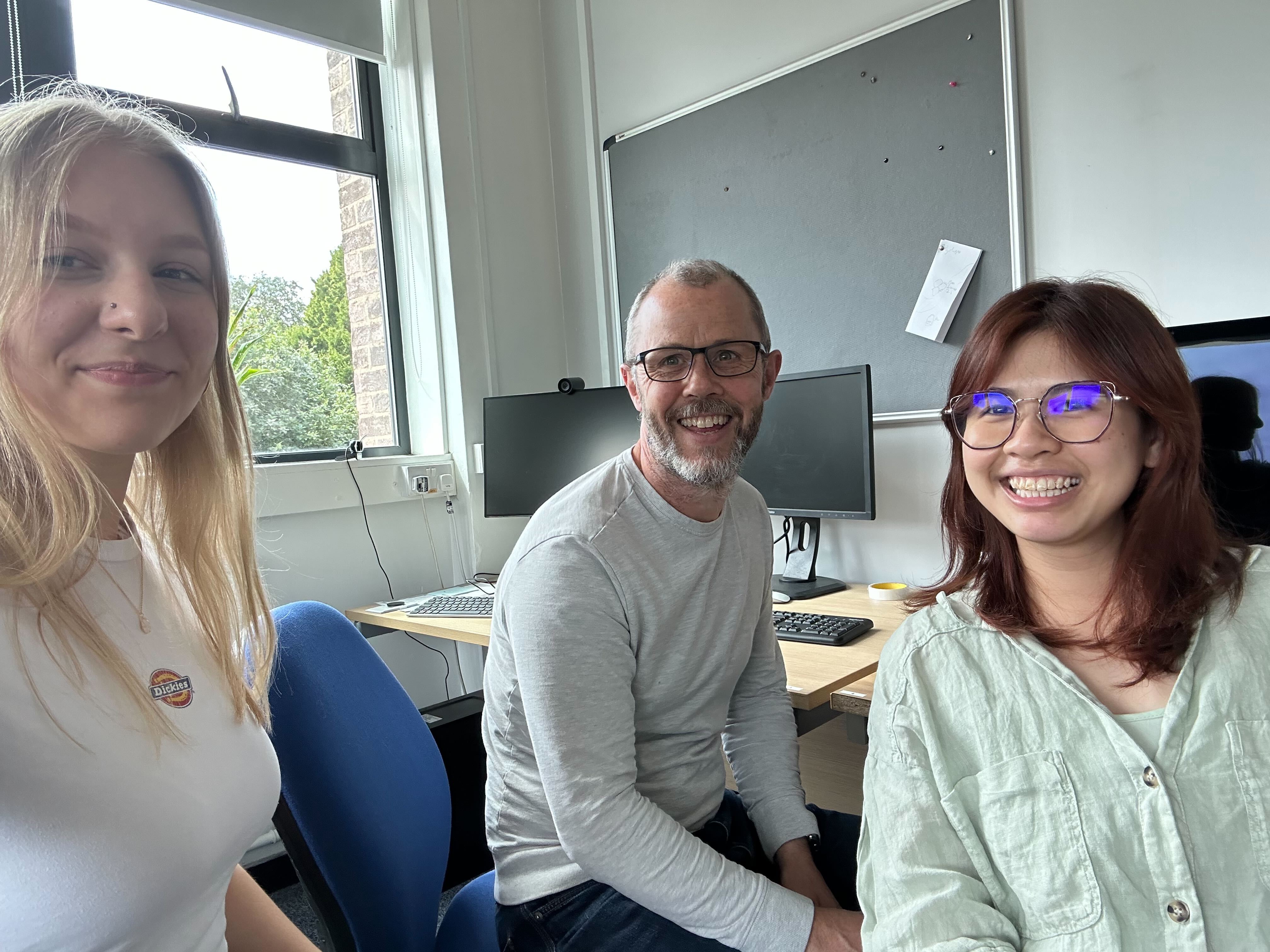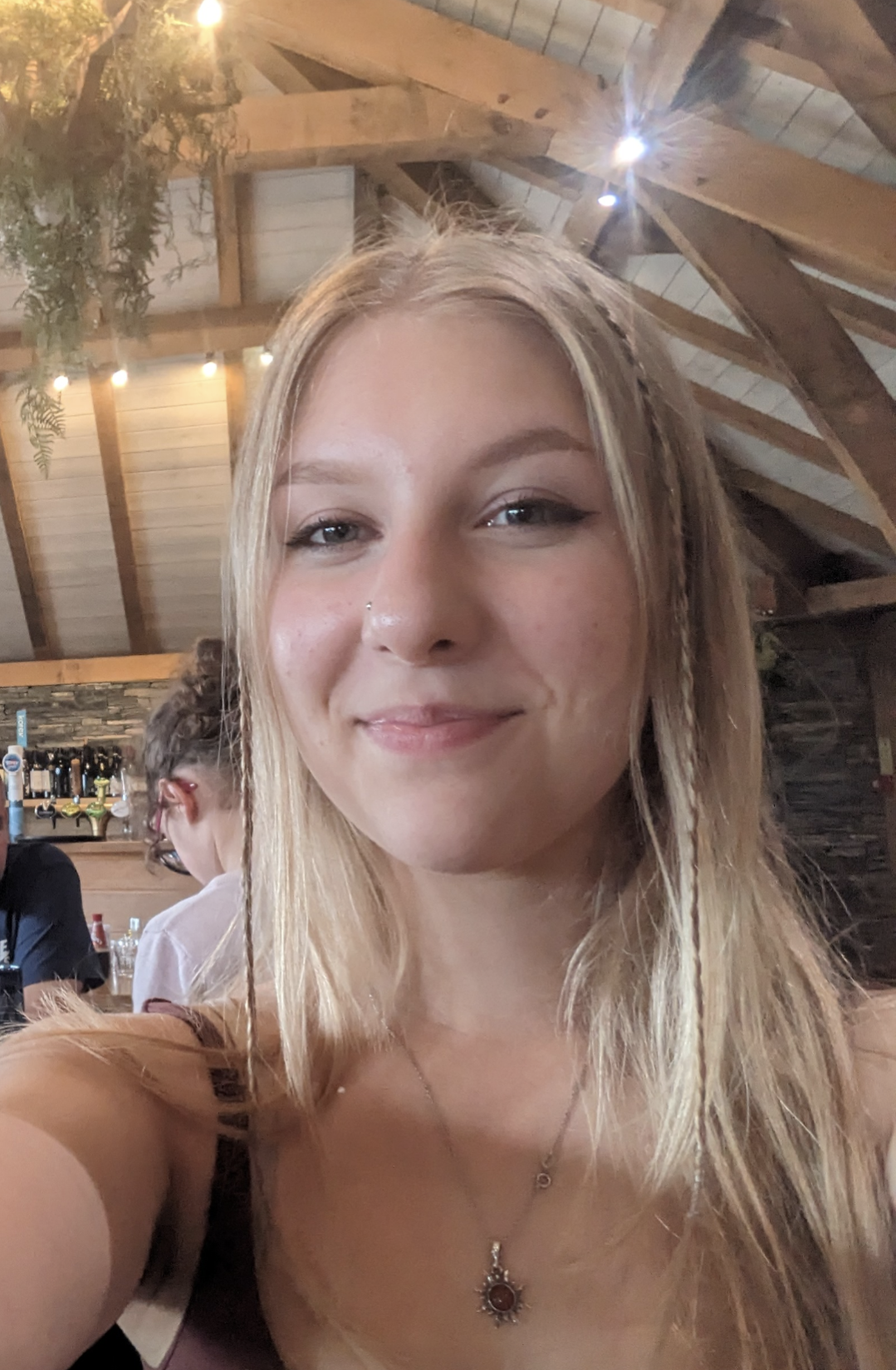Perspective story: Amy Woodcock
Hi, I’m Amy Woodcock, and I’m an A-Level student in the UK who’s interested in studying psychology at university next year. I’ve just completed a week of work experience with Open Science Tools at the University of Nottingham, who created an free open source research software called PsychoPy, and its online equivalent Pavlovia, which I’ve been getting to know throughout the week.
I first heard about PsychoPy through a school teacher, who put me into contact with Professor Jon Peirce, and we arranged my work experience from there. I’ve spent this week familiarising myself with PsychoPy and Pavlovia surveys using tutorials. I also recreated a project based on a study I was interested in from my A-Level course (Steyvers and Hemmer, 2012) using PsychoPy. I found this challenging to put together, especially with debugging the code and trying to take participant responses and visualise the data at the end of my program. However, I completed the project, and even managed to add some extra features using some Python code, like displaying an average as part of the results to the participant. The Open Science Tools team have been incredibly kind and helpful, and I am coming away having developed lots of skills that I think will really help me as I apply for psychology degrees. For example, I now have a knowledge of experimental design, experience with using technology like eye trackers and EEGs (electroencephalograms), and an understanding of how psychological research works (as well as a raging caffeine addiction).

In my experience as a complete beginner to using PsychoPy and designing experiments in general, I have found the software very intuitive and easy to learn how to use, and I’ve enjoyed brushing up on my (limited) Python skills to create a demo for the PsychoPy website. I have loved problem solving, and seeing my project come together to form a final finished project, with complicated stimuli and analysis of participant responses. I think that PsychoPy would be an incredibly useful tool to use in schools, as it is representative of how psychology is taught and research is done at university level, and it is also easy enough to use at A-level. Additionally, I think Pavlovia surveys was useful in introducing me to more complex types of questions and surveys, and further concepts, such as basic JavaScript expressions.
Overall, I’ve found this week stretched me, but was incredibly useful and fun, and I would definitely recommend that other students in the same position as me use online tools from PsychoPy to learn about what being a psychology student and researcher would be like.
